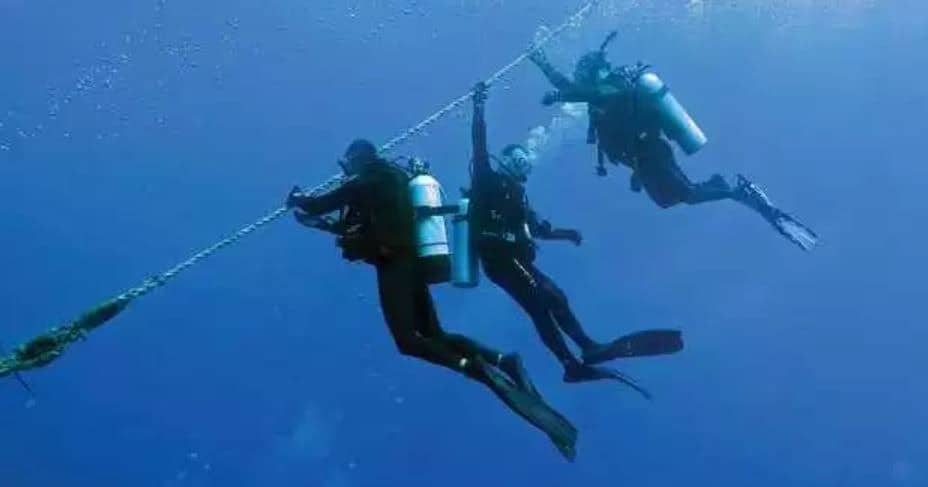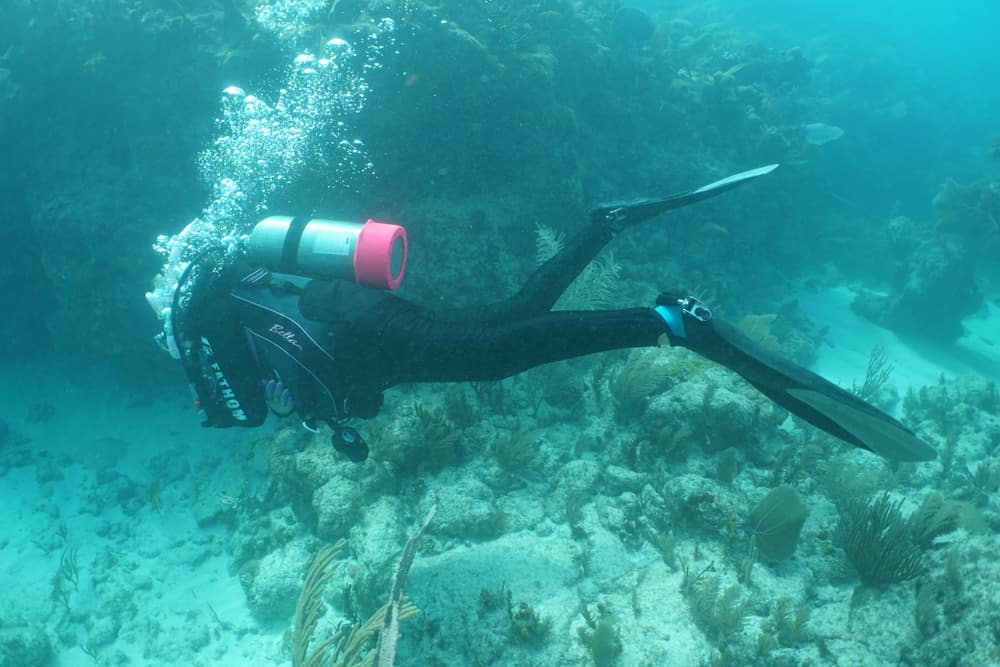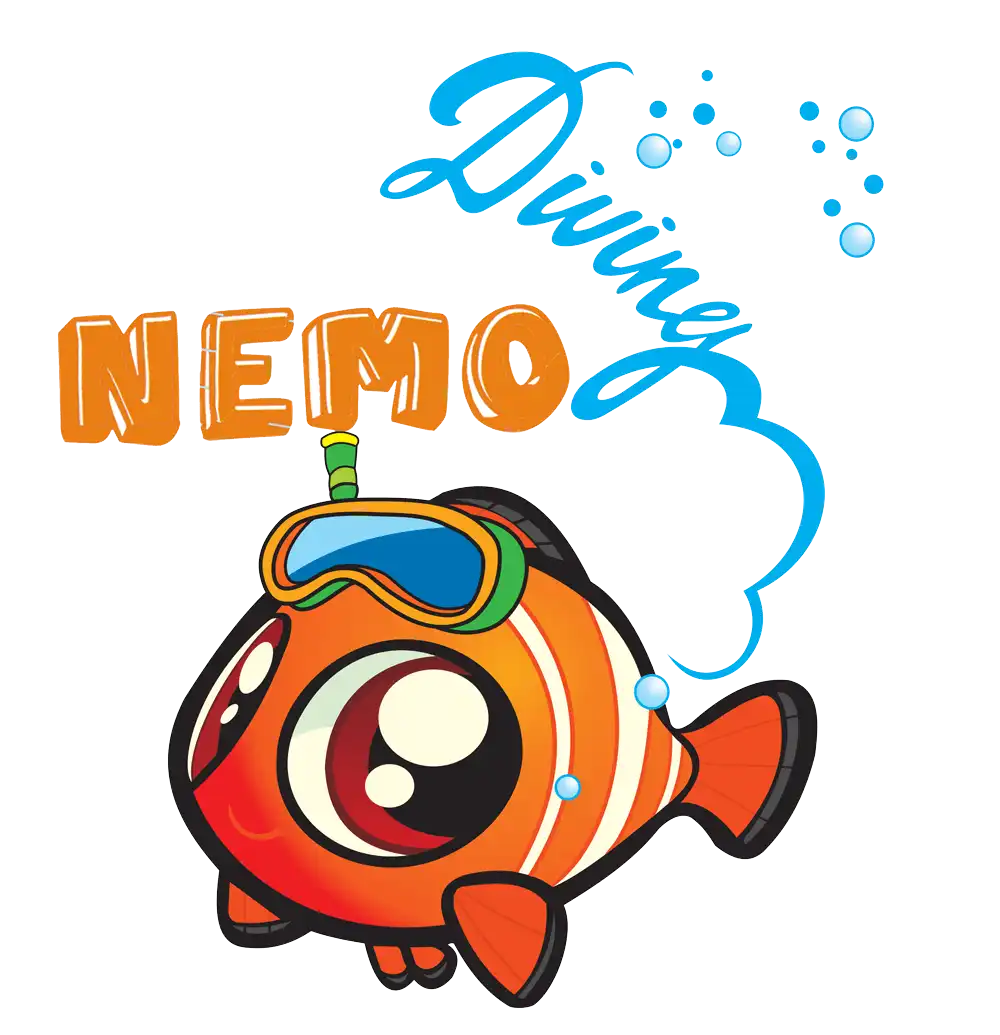
Scuba diving is a fun and exciting recreational sport that lets you see beautiful coral reefs, amazing marine wildlife, incredible caves, and mysterious shipwrecks but you should not forget that this underwater sport requires proper training and certification to enjoy it to the fullest.

Enrolling in diving courses progressively builds your knowledge and skills to prepare you for underwater explorations in different conditions and environments. Proper training also teaches you to be proactive so you can overcome and prevent underwater problems and deal with emergencies. It also makes you aware of the risks involved when descending underwater.
One of the lessons taught in diving courses is decompression sickness, which is one of the risks of scuba diving. Understanding it can help you prevent it from happening to you and your diving companions.
This type of illness is the result of inadequate decompression which is caused by the bubbles of nitrogen gas forming in the blood and tissues associated with abrupt changes in pressure.
Decompression sickness also called “the bends” or Caisson disease can be experienced by scuba divers and individuals who engage in high altitude activities but this post will focus on DCS in scuba diving. Depending on the amount of nitrogen absorbed and the rate at which it was released, the symptoms of the bends can be mild to serious and in extreme cases can be potentially fatal; but DCS can be treated if diagnosed early.
The most common symptoms of DCS are joint pain and numbness or tingling sensation on the arms, legs or torso. The person may experience itchiness and develop a blotchy rash. It is also possible to feel unusual fatigue, difficulty urinating, muscular weakness, and even paralysis. Other symptoms include dizziness, vertigo, ringing in the ear, tremors, and shortness of breath. In some cases, the diver may experience confusion, amnesia and go through personality changes or bizarre behavior. The person may also cough up blood with frothy sputum or suddenly collapse and become unconscious.

Signs and symptoms of DCS may manifest within 15 minutes to 12 hours after surfacing but in severe cases, they may appear even before reaching the surface. Decompression sickness should never be taken lightly and any person who experiences any of the said symptoms after scuba diving should seek immediate emergency care. It is vital to inform the attending physician about the recent diving experience and symptoms.
While waiting for the medical help to arrive, you can dry and keep the diver warm with blankets while lying down on his back. If there is access to oxygen, it will help to give the diver with symptoms high flow of oxygen.
Find out where the nearest emergency care facility or hospital equipped with a hyperbaric chamber is located so the diver can receive definitive care.
The diver will likely be placed in a hyperbaric chamber to allow recompression wherein the chamber is pressurized with air and oxygen to simulate pressure depths of 30 to 60 feet. The person may stay inside the hyperbaric chamber up to 12 hours or sometimes longer depending on the symptoms. During the process, the bubbles are reduced to facilitate blood flow and prevent further bubble formation. The diver also receives high amounts of oxygen to the injured tissues. The next treatment depends on how the individual responds to the first treatment.
In most cases, the person is admitted to the hospital to monitor his medical condition and make sure that the symptoms do not recur.
Untreated DCS can cause mild to permanent damages. For instance, untreated joints pains may develop into bone damage called osteonecrosis. Failure to treat the bends promptly can also lead to difficulty controlling urinary and bowel function, permanent damage to the nervous system, and even death.
When a recreational diver recovers from pain-only DCS and there are no neurological symptoms, it is recommended to abstain from diving for a minimum of two weeks. It will take six weeks without diving when there are minor neurological symptoms. However, if there are severe neurological symptoms or any residual symptoms, it is highly recommended not to engage in further diving anymore.
Understanding decompression sickness will safeguard you from this risk and help you enjoy scuba diving more.
Experiences
Find the perfect escape
© 2024 NEMO DIVING CENTER
Scuba diving is an exciting and adventurous water sport that offers a chance to explore the beauty of the underwater world and its amazing marine life. The UAE, particularly Dubai, is one of the most popular destinations for scuba diving, attracting divers from all over the world. With its crystal clear waters and diverse marine life, scuba diving in Dubai offers a unique and unforgettable experience.
The cost of scuba diving in Dubai varies depending on the dive center you choose and the type of dive you opt for. On average, a single dive can cost anywhere from AED 250 to AED 550, with the average price for a single dive being around AED 350. This price usually includes all the necessary equipment, such as the dive tank, regulator, and wetsuit, as well as the services of a professional dive guide. At Nemo Diving Center, We offer a wide range of diving packages to suit every budget and experience level.
Diving in Dubai is an incredible experience, and the UAE is home to many dive sites teeming with amazing marine life including colorful soft and hard corals, sea turtles, stingrays, manta rays, moray eels, cuttlefish, octopus, nudibranchs, seahorses, and a plethora of fish species. It is also noted for its incredible dive wrecks that have become rich artificial reefs. These dive sites offer a unique and exciting diving experience, providing a chance to explore sunken ships and other structures that have become havens for marine life.
Come and explore the unique underwater world of Palm Jumeriah in Dubai and incredible dive sites in Fujairah such as Dibba Rock, Sharm Rock, Martini Rock, Snoopy Island, and more. At Nemo Diving Center, we offer dive trips to these amazing dive sites, allowing divers to discover the incredible marine life that has made the wreck its home. We also offer a wide range of other dive sites to choose from, including shallow coral reefs, deep wrecks, and drift dives, providing something for every level of diver.
In conclusion, scuba diving in Dubai offers an unforgettable experience for all levels of diver. With its clear waters, diverse marine life, and incredible dive sites, Dubai is a must-visit destination for any scuba diver. Whether you’re a beginner or an experienced diver, our team at Nemo Diving Center will ensure that you have an amazing time exploring the beauty of the underwater world.
Click one of our contacts below to chat on WhatsApp
Social Chat is free, download and try it now here!
